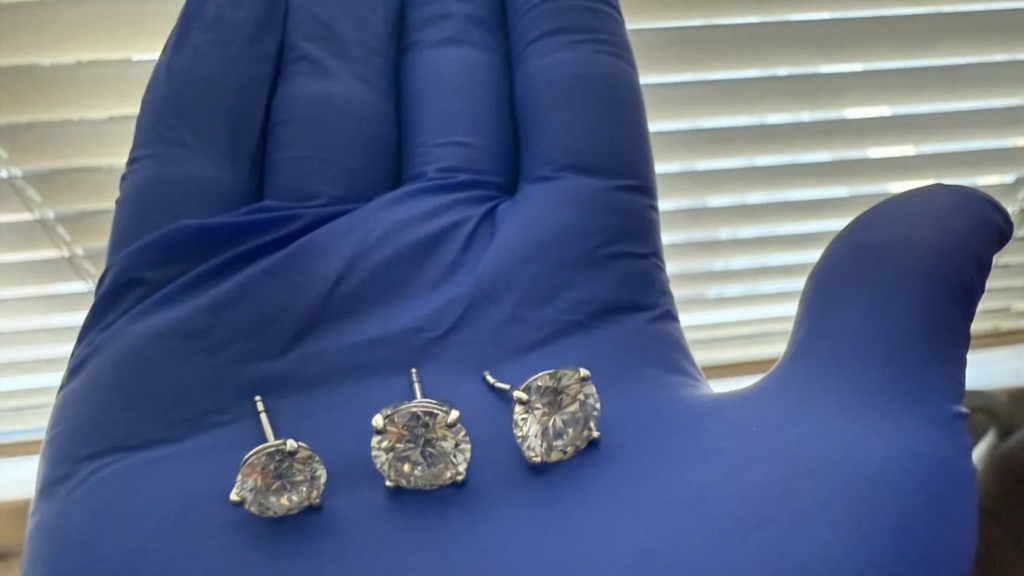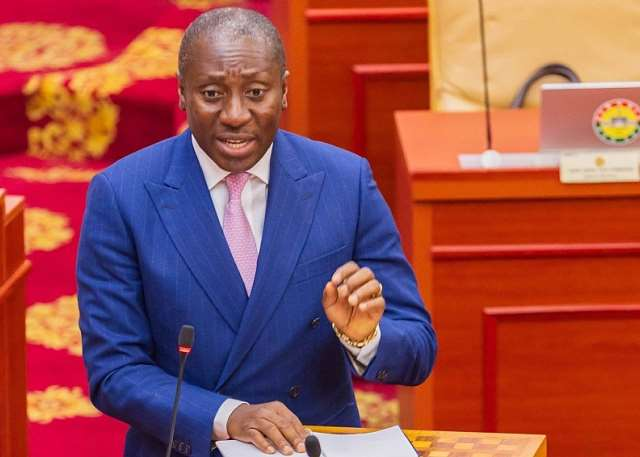Former Deputy Housing Minister Dr Prince Hamid Armah has criticised government’s new gold trade regime.
The former Kwesimintsim MP, in a Facebook post, warned that the creation of GoldBod is nothing short of “state capture in disguise” and a dangerous regression to economic authoritarianism.
In an article titled “GoldBod is not reform. It’s recolonisation”, Dr. Armah took aim at the May 1, 2025, policy directive, which bans all individuals and entities from buying or exporting gold in Ghana without clearance from a single newly established state agency, GoldBod.
The policy also gives foreign traders until April 30, 2025, to exit the domestic gold market entirely, under threat of criminal sanctions.
“This is not policy. It is a state monopoly in disguise,” Armah declared.
“It flies in the face of everything our Constitution and trade framework stand for: a liberal economy, free private enterprise, and investor confidence.”
The former minister questioned the philosophical basis of the move, asking pointedly, “Since when did we become a command economy?”
In rejecting comparisons to COCOBOD, Ghana’s long-standing cocoa regulator, Dr. Armah argued that the analogy is flawed and misleading.
“COCOBOD exists to stabilise farmer incomes, not to criminalise market participation,” he said. “It works with private Licensed Buying Companies, not against them.”
“COCOBOD does not eliminate players from the value chain. It regulates and empowers them,” he added.
By contrast, Dr. Armah described GoldBod as a centralised leviathan that not only dominates the entire gold value chain—from licensing and assaying to buying and exporting—but also wields prosecutorial power over non-compliant actors.
“As someone trained in economic policy and governance, I know that is not regulation. That is state capture of a commodity market,” he wrote.
He warned that the regime places dangerous discretion in the hands of political appointees and risks collapsing investor confidence in much the same way cocoa licensing fell apart in the 1970s.
“Centralising the buying, selling, assaying, and exporting of gold under a single state entity undermines competition, deters foreign capital, and echoes the very mistakes that collapsed cocoa licensing in the 1970s and sent capital fleeing,” Dr Armah cautioned.
He further criticised the eight-day transition window as rushed and irresponsible, adding that the new licensing regime remains “vague and untested”.
“What do we gain? A rushed eight-day transition period. A vague and untested licensing process. The criminalisation of businesses that were legally operating just yesterday,” he asked.
Dr. Armah insisted he is not against reform per se, but is deeply opposed to what he describes as a statist, opaque, and economically regressive approach masquerading as reform.
“You cannot, on one hand, tout Ghana as an investment destination and, on the other, criminalise legitimate market participation overnight,” he said.
“Our gold market needs regulation, not recolonisation by the state.”
Calling for an urgent review of the policy before it “causes more harm than the smuggling it seeks to stop,” Dr. Armah warned that the consequences of such centralised control could ripple far beyond the mining sector.
“This policy must be urgently reviewed,” he concluded. “We are not against reform. We are against reform that undermines the economy it claims to fix.”
DISCLAIMER: The Views, Comments, Opinions, Contributions and Statements made by Readers and Contributors on this platform do not necessarily represent the views or policy of Multimedia Group Limited.






















